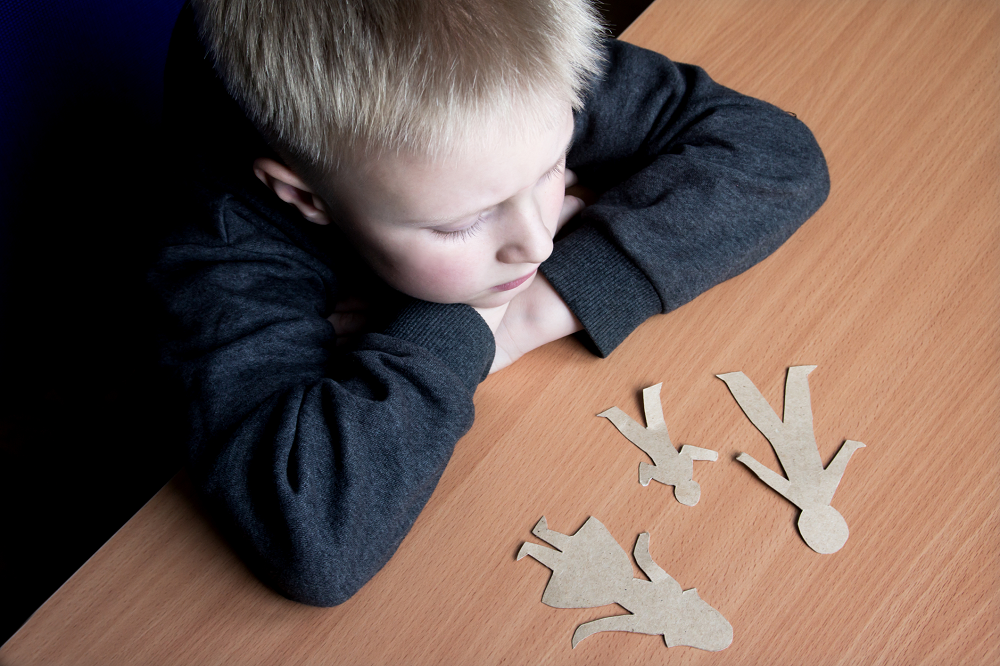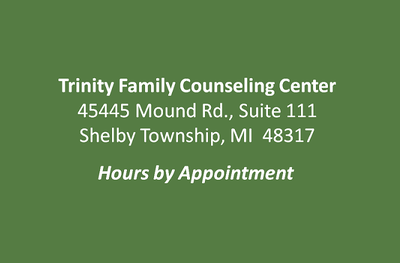Divorce
|
The rate of divorce in the United States is a staggering 40%-50%. Everyone knows someone in their lives who is divorced. Perhaps an even more startling statistic is that the divorce rate for second marriages is even higher.
The decision to divorce is one of the most anguishing choices any married adult can endure. As a marriage deteriorates and the reality of its inevitable end becomes apparent, a wide range of emotional responses ensue: anxiety, fear, worry, disappointment, sadness, anger… There are so many confusing and confounding features to consider as you face what most certainly seemed unthinkable on your wedding day. The support of a caring professional counselor can offer the divorcing individual a judgement-free zone in which to process the multitude of emotions and psychological challenges this circumstance presents. Frustrations with the divorce process itself—attorneys, legalities, court proceedings, and anguishing decisions about the children—are enough to overwhelm even the most sensible among us. Support for your decision to divorce, understanding and managing the impact of your decision on your children, and coping with other—often unforeseen—consequences of your decision are all areas of counseling services that are available in our practice. |
Counseling Insights and Articles About Divorce:
|
Staying Together "...For The Sake Of The Kids...", by Tonya Ratliff
The Value Of Counseling As You Navigate Your Divorce, by Tonya Ratliff |
Divorce From a Child’s Perspective, by Tonya Ratliff
|





